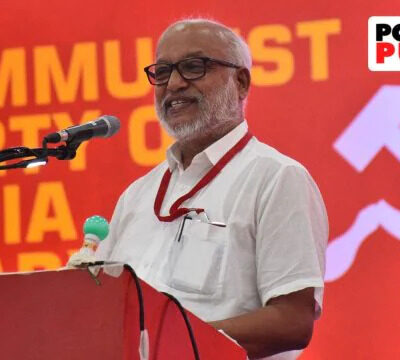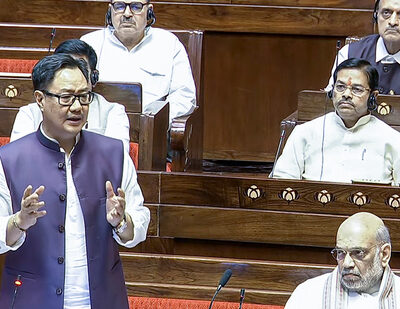
India to Establish 100 Food Testing Labs and 50 Irradiation Centers to Boost Food Safety and Quality
In a major step towards ensuring food safety and quality, the Indian government has announced plans to set up 100 food testing laboratories and 50 irradiation centers across the country. This initiative aims to strengthen food regulation, enhance consumer protection, and support India’s growing agricultural sector. By establishing these facilities, the government is addressing concerns around food contamination, quality control, and the shelf-life of perishable goods, which are vital in maintaining a safe and reliable food supply chain.

Strengthening Food Safety: A National Priority
India’s food industry is one of the largest in the world, with the country being a major producer and exporter of agricultural products. However, the sector faces ongoing challenges related to food safety, including contamination, adulteration, and the improper use of chemicals. These issues have significant public health implications, as well as economic consequences for the agricultural sector.
To address these concerns, the government’s initiative to establish 100 food testing laboratories will serve as a critical measure to monitor food quality and ensure compliance with safety standards. These laboratories will be equipped with advanced technology to detect contaminants, pathogens, pesticides, and adulterants in food products, enabling timely action to prevent unsafe food from reaching consumers.
The move is expected to create a robust framework for food testing at the local and national levels, helping both domestic producers and exporters maintain high standards. By improving food safety infrastructure, the government aims to protect public health and bolster confidence in Indian agricultural exports on the global market.
Irradiation Centers: Enhancing Food Preservation and Safety
In addition to the food testing laboratories, the government plans to establish 50 irradiation centers across the country. Irradiation is a process where food is exposed to ionizing radiation to eliminate bacteria, pests, and other harmful organisms, extending the shelf-life of perishable products like fruits, vegetables, and spices. It is a scientifically proven method that ensures food safety without compromising nutritional quality or taste.
The establishment of these centers is particularly significant for India’s agricultural sector, which often suffers losses due to the perishability of fresh produce. By using irradiation technology, farmers and food producers will be able to reduce post-harvest losses, improve the quality of their products, and meet stringent safety standards required for both domestic consumption and exports.
This initiative will also help promote sustainable food practices by reducing food waste, a growing concern in India and around the world. The availability of irradiation centers will provide farmers, especially those in remote areas, access to modern preservation technology, enabling them to expand their market reach.
Supporting Agricultural Growth and Export Potential
The Indian government’s decision to invest in food testing and irradiation centers is expected to have a transformative impact on the agricultural sector. By ensuring higher food safety standards, the initiative will support India’s ambitious goals of increasing agricultural exports and tapping into new international markets. Global demand for safe, high-quality food products is rising, and India has the potential to become a key player, provided it meets global food safety regulations.
The irradiation centers, in particular, will help exporters meet the stringent requirements of countries like the United States, the European Union, and Japan, which impose rigorous quality checks on imported food products. Enhanced food testing capabilities will also ensure that products intended for the domestic market meet the highest safety standards, protecting Indian consumers from potential health risks.
Building a Safer Food Future
The establishment of 100 food testing laboratories and 50 irradiation centers is a bold step towards building a safer, more efficient, and globally competitive food supply chain in India. It is part of the broader vision to create a food-secure future, where consumers can trust the quality and safety of the products they purchase, and farmers and producers can thrive in a market that rewards best practices and innovation.
As India continues to grow its agricultural footprint, these initiatives will play a crucial role in aligning the country with international food safety standards and ensuring that Indian food products maintain their reputation for quality on the global stage. By prioritizing food safety, the government is not only protecting public health but also fostering economic growth and sustainability in India’s agricultural sector.






